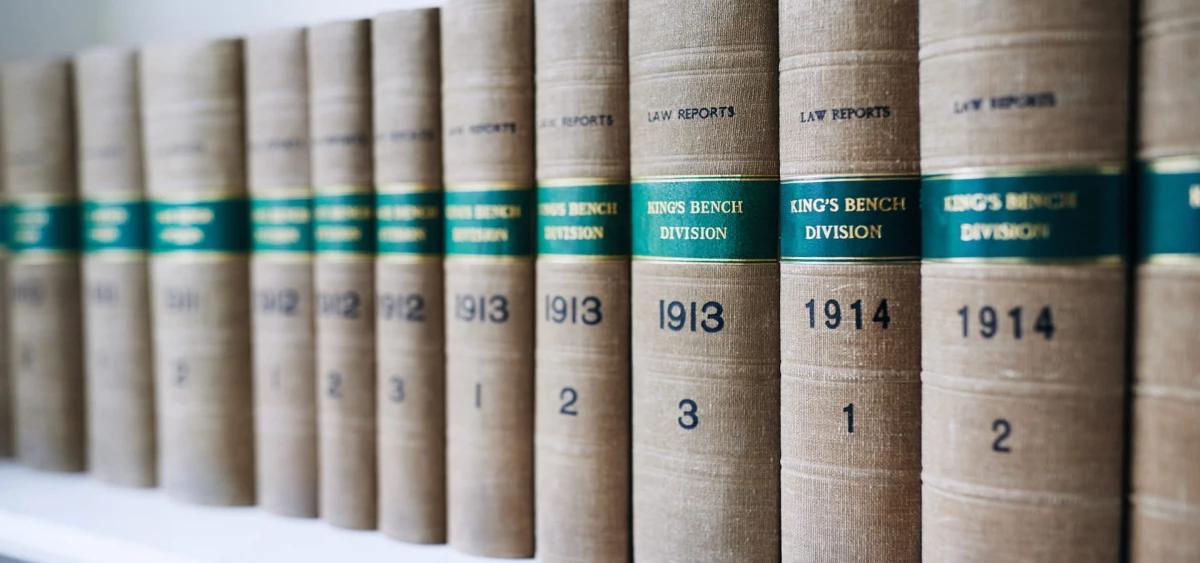Trump’s challenges to the US election: What would happen here?
Trump’s challenges to the US election:
What would happen here?
In light of the recent challenges to the US presidential election, Richard Price OBE QC and Vivienne Sedgley draw comparison with the means of challenging elections in England.
The unhappy candidate
Biden has been declared president-elect with 306 electoral college votes to Trump’s 232. However, as is often the case with elections, the unsuccessful candidate was unhappy. Trump’s subsequent desire to alter the outcome by means of legal challenges has been well publicised.
So far, since the election, the Trump campaign is reported to have lost more than 30 legal challenges. The issues have been wide-ranging, but notable reference has been made to them seeking to:
- Intervene during an election. For example, by requesting states to stop counting ballot papers and attempting to prevent election results from being certified.
- Make challenges after the election result has been declared. For example, alleging late postal ballots were counted unlawfully and widespread fraud, and requesting recounts.
The question may be asked: How might Trump have fared if he were seeking to challenge the result of an election in England?
Intervening during an election
The statutory scheme for elections in England, set out in the Representation of the People Act 1983, does not confer jurisdiction on the High Court to intervene during the course of an election. The statutory procedure for challenging the validity of an election is by bringing an election petition after the result has been declared (see s.120 and s.127 of the 1983 Act).
By contrast, there is statutory provision for the returning officer (rather than the Court) to countermand or abandon a poll. Indeed, the returning officer has a statutory duty to do so in the case of the death of a candidate (see, for example, rule 63 of the Parliamentary Elections Rules).
Nevertheless, it has been held that the High Court has power to grant an injunction to countermand an election upon an application for judicial review (R (Begum) v Tower Hamlets LBC [2006] EWCA Civ 733).
Unsurprisingly, that power should be used extremely rarely. This is likely only to be appropriate in a “wholly exceptional case” (Begum). For example, where a returning officer has plainly acted unlawfully (see R (De Beer) v The Returning Officer for the London Borough of Harrow [2002] EWHC 670).
Therefore, if Trump were seeking to interfere with an election in England before the result were announced, he would face a high hurdle on an application for judicial review. The High Court might well have similar expectation to US Federal District Judge Matthew Brann in Pennsylvania. When asked to order Pennsylvania not to certify its presidential election results, he observed that such a claimant might be expected to “come formidably armed with compelling legal arguments and factual proof of rampant corruption, such that this Court would have no option but to regrettably grant the proposed injunctive relief despite the impact it would have on such a large group of citizens”. Certainly, an application “unsupported by evidence” (in Judge Brann’s words) would be highly unlikely to succeed in England as in the US.
Challenges after the election result is declared
In England, challenges after an election result is declared are by way of election petition.
Evidence of the alleged problem will of course be needed. As in the US state of Georgia, “no evidence” (in Judge James Bass’ words) of the alleged breach of the law is highly likely to doom any legal challenge.
Even where there has been a relevant breach, the statutory scheme limits the circumstances where an election can be declared invalid. For example, both s.23 (Parliamentary elections) and s.48 (local elections) of the 1983 Act make similar provision. An election shall not be declared invalid if it appears that:
- The election was so conducted as to be substantially in accordance with the law as to elections; and
b. The act or omission did not affect its result.
Therefore, in order to succeed in England, Trump would also have to show either that the election was not conducted substantially in accordance with the law or that the result was affected.
Postal ballots
Trump has sought to criticise postal ballots in the US. For example, by alleging that ballots were counted despite being received late in Michigan and Georgia.
This could equally form the basis of a claim in England. Here, postal ballot papers must be returned to the returning officer before the close of the poll (see, for example, rule 45(1B) of the Parliamentary Elections Rules). Any ballot received out of time must not be opened and must be disposed of.
Therefore, in England as in the US, if Trump were able to adduce evidence that this was not done, he would have a valid claim in law. However, if, as Judge James Bass found in Georgia there was “no evidence” of ballots being received late, any such election petition would be highly likely to be dismissed.
Fraud
As in the US, fraud (or other such deplorable conduct) is capable of invalidating an election in England. Where, on an election petition, it is shown that corrupt or illegal practices or illegal payments, employments or hirings committed in reference to the election for the purpose of promoting or procuring the election of any person at that election have so extensively prevailed that they may be reasonably supposed to have affected the result, that person’s election (if he has been elected) shall be void (s.164 of the 1983 Act).
However, it has been reported from the US that, in Pennsylvania, the Trump campaign agreed in writing a stipulation that there was no fraud affecting any of the ballots. Therefore, it appears Trump would fall some way short of the evidence that “disclosed an alarming state of affairs” and so resulted in the election result being avoided in Erlam v Rahman [2015] EWHC 1215.
Recounts
In England, candidates and election agents are able to require a returning officer to re-count the votes (see rule 46 of the Parliamentary Elections Rules). However, the returning officer may refuse to do so if in his opinion the request is unreasonable. The provisions are broad and make it easy for a candidate to request a recount, whilst also making it relatively easy for the recount to be refused (especially if the result does not appear close).
This is markedly different to the US, where Wisconsin law is reported to permit a recount only if the margin of victory is under 1% and the Trump campaign is reported to have had to pay $3 million up front to cover the costs of the re-count.
Conclusion
The ultimate outcome of Trump’s legal challenges in the US remains to be seen. However, it appears likely that his claims to date would not have fared any better in England than in the US, other than finding it less costly to request a recount.
Richard Price OBE QC
Vivienne Sedgley
This article is provided free of charge for information purposes only. Every reasonable effort is made to ensure the information is accurate and up to date, but no responsibility for its accuracy, or for any consequences of relying on it, is assumed by the authors or by Chambers as a whole. The information and commentary do not, and are not intended to, amount to legal advice to any person. You are strongly advised to obtain case specific advice from a lawyer; please contact the clerking team at 4-5 Gray’s Inn Square ([email protected]) who will be glad to assist.

